Valve Index 2 rumors: Everything we know so far and what we want to see
Despite launching over four years ago, the Valve Index remains one of the most advanced PC VR headsets. Competition in the high-end segment has slowed down quite a bit, with Meta giving up the Quest Pro series in order to shift focus to cheaper VR headsets like the Quest 3. This could all change in the future, especially with Apple’s high-end Vision Pro on its way early next year. Will Valve release an Index 2 in order to stay competitive? Good question.
Here’s everything we know about the Valve Index 2 and what we’d like to see from it.
Will there be a Valve Index 2?
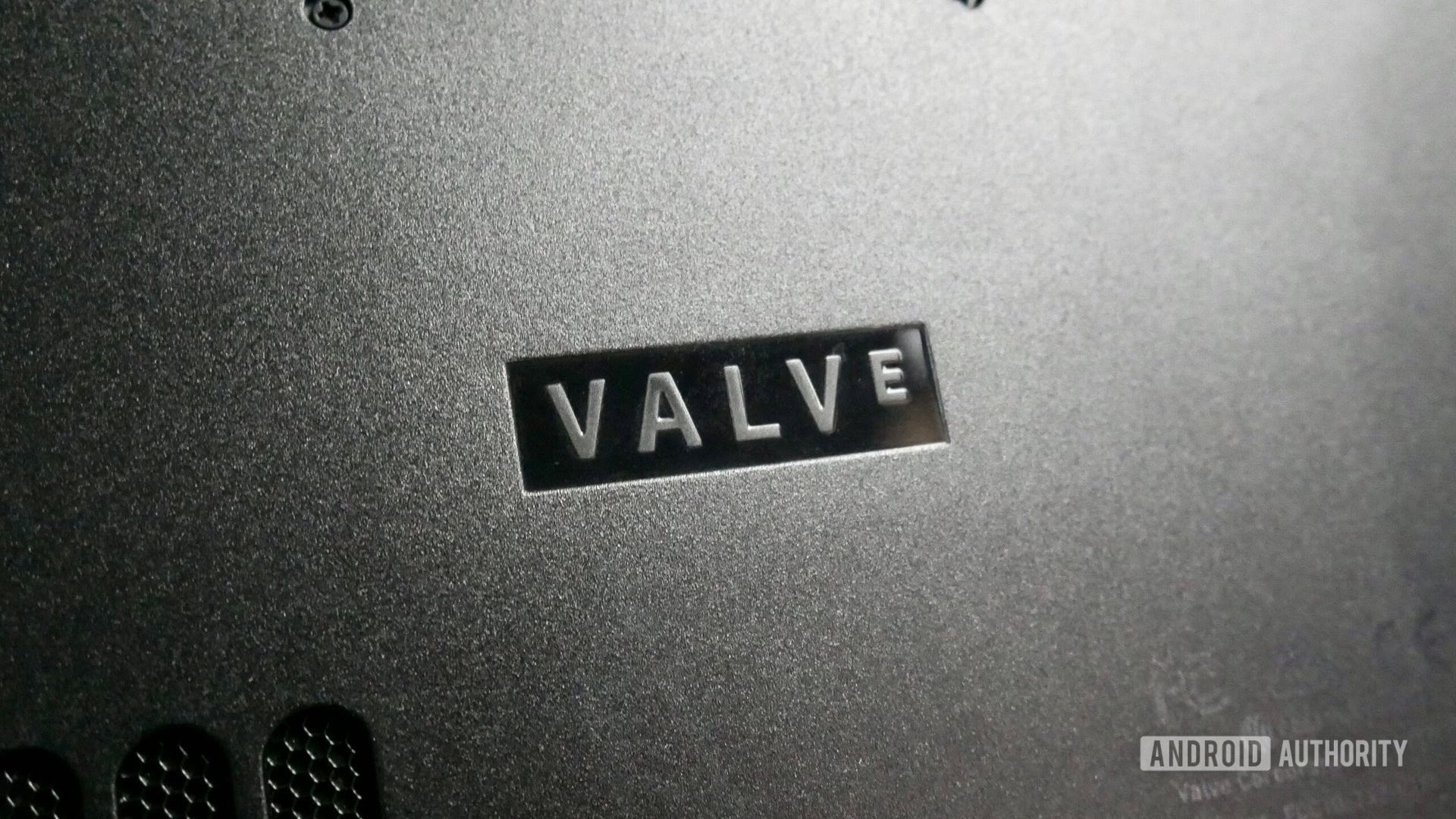
The VR industry continues to be a growing and evolving market with its own unique ebb and flow. We often see new products like the PSVR 2 and Meta Quest 3 spark new interest from mainstream consumers, only for VR to somewhat fade into the background once more. Rinse and repeat.
As we mentioned briefly above, the market could heat up once again with Apple’s upcoming entrance into the space. This might drive Valve into releasing an Index 2. While there aren’t any official details about Valve’s plans, at least a few rumors suggest Valve is working on something.
A South Korean radio certification for a Valve product called 1030 has surfaced. This aligns with Valve’s previous internal labels for products, as the Steam Deck was listed as 1010, and the original Valve Index was previously listed as 1007. Judging by the numbers, this is more likely to be tied to the Steam Deck, but again we can’t say for sure.
More compelling, Steam data miner Brad Lynch noted the Steam client’s September update included a number of VR-specific strings related to batteries, supporting the idea Valve might be working on a standalone VR headset. Would this headset replace the Index or augment it as a cheaper mobile option? That’s harder to guess.
What we do know is that the Valve Index is still considered one of the most powerful solutions for VR. This makes it not only popular with VR enthusiasts but also with businesses adopting VR for reasons beyond entertainment. That said, maybe they have seen the Quest’s success on the low end and want to go after a more mainstream audience.
Given this early evidence, we’d say it’s pretty likely an Index 2 will happen, it’s just much harder to gauge whether it will end up titled as a full successor or just the launch of a new product line. For now, we’ll continue to refer to it as the Valve Index 2 in this post, just for simplicity.
What is the most likely Valve Index 2 release date?
- Valve Index — June 28, 2019
The original Valve Index arrived in June of 2019 and is the first and only member of the Index family so far, making it hard to draw any conclusions on when the Valve Index 2 release date might be.
There were rumors earlier this summer claiming an Index 2 launch would happen this year, but it’s getting very close to the end of the year now. If a launch is still happening, it needs to happen imminently. After all, if they wait any longer than late October or early November, it may be too late to make its way onto any holiday shopping lists.
If Valve chooses to wait until next year, we’d say an early to mid-2024 launch is very possible. Again, that’s really just based on speculation.
What specs and features could the Valve Index 2 have?
So far, the rumors haven’t given us too many details, other than the previously mentioned code device suggesting it might have its own battery. It’s also hard to say whether this would be a true stand-alone or just something that doesn’t require direct tethering.
There have been a few recent patents for VR headset designs from Valve in 2023, but patents often are just about testing new things and don’t necessarily translate into real-world product changes. Still, it’s worth noting the most recent patent render didn’t look much different from the Valve Index — suggesting Valve is either playing its cards close to its vest, or it isn’t likely going to rock the boat too much on design.
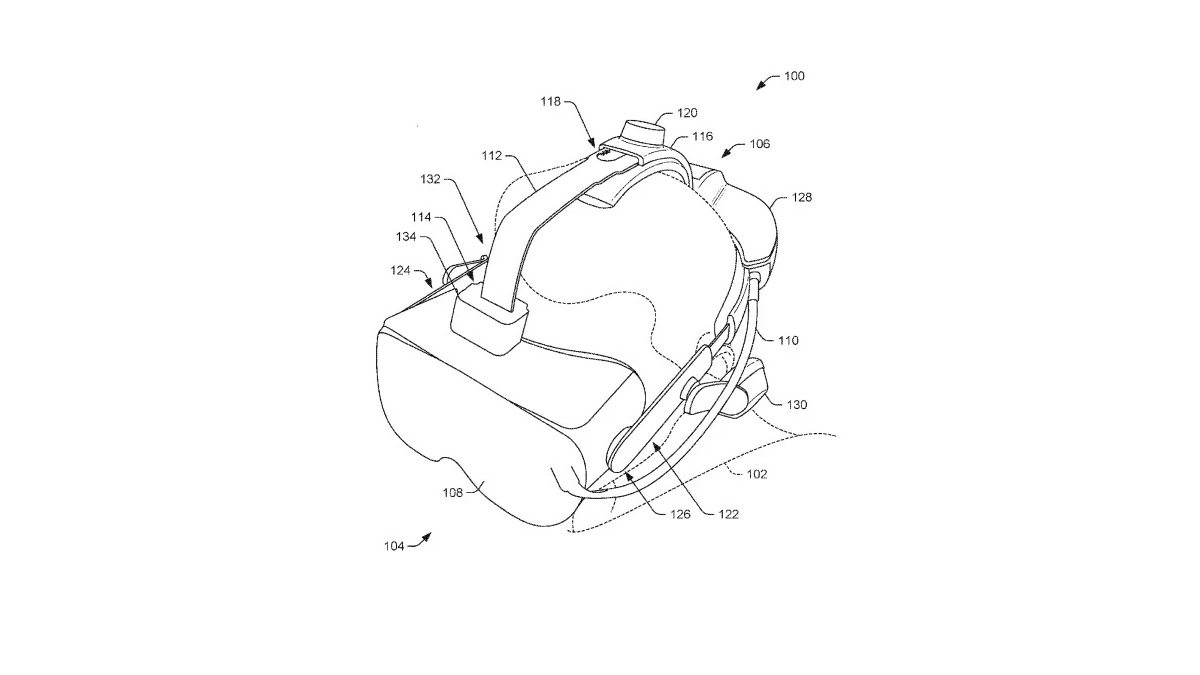
Beyond that? If Valve is planning a more portable option, it’s possible it’ll make more modest changes to things like the display technology and field-of-view (FoV) to keep costs from ballooning too much. Valve is still one of the best with a 130-degree FoV, so it might not be necessary to revolutionize this aspect. Then again, if Valve is going all in, it might decide that keeping pricing down isn’t as important as staying on the bleeding edge of VR.
We also imagine Valve would at least want to match or slightly exceed the Quest 3’s 2,064 x 2,208 pixels per eye.
Tracking and controllers are other areas where Valve is likely to want to make improvements, which we’ll talk about a bit more in our “What we want to see” section.
What might the Valve Index 2 price be?
The Valve Index wasn’t the cheapest option when it was first released, and in the current landscape, the price of the Valve Index 2 could be even higher. For one, the economy has witnessed an increase in the pricing of VR headsets, as seen with devices like the Meta Quest 2, which increased by $100 long after its initial launch.
Additionally, we must take into account Apple and its Vision Pro. The Apple VR headset is expected to cost $3,499. Why is this important? The Valve Index was one of the most powerful VR headsets at its launch, so it’s possible that the company might delve even deeper and deliver a more expensive headset to better compete with Apple. If that’s the case, the price could easily range from $1,200 to $1,600 and still be considered a more affordable alternative.
However, let’s not forget the rumors about the next Valve Index VR headset having a battery, which would make it more portable. Currently, we don’t know if this means Valve is planning to compete with the new Quest 3 or if it’s more likely to align with something like the $1,099 Vive XR Elite.
If it’s the former, we could expect Valve to keep the price around $500 to $750. If it is planning a more high-end standalone product like the XR Elite, a price tag of $999 or higher would make a lot of sense.
Should you wait for the Valve Index 2?
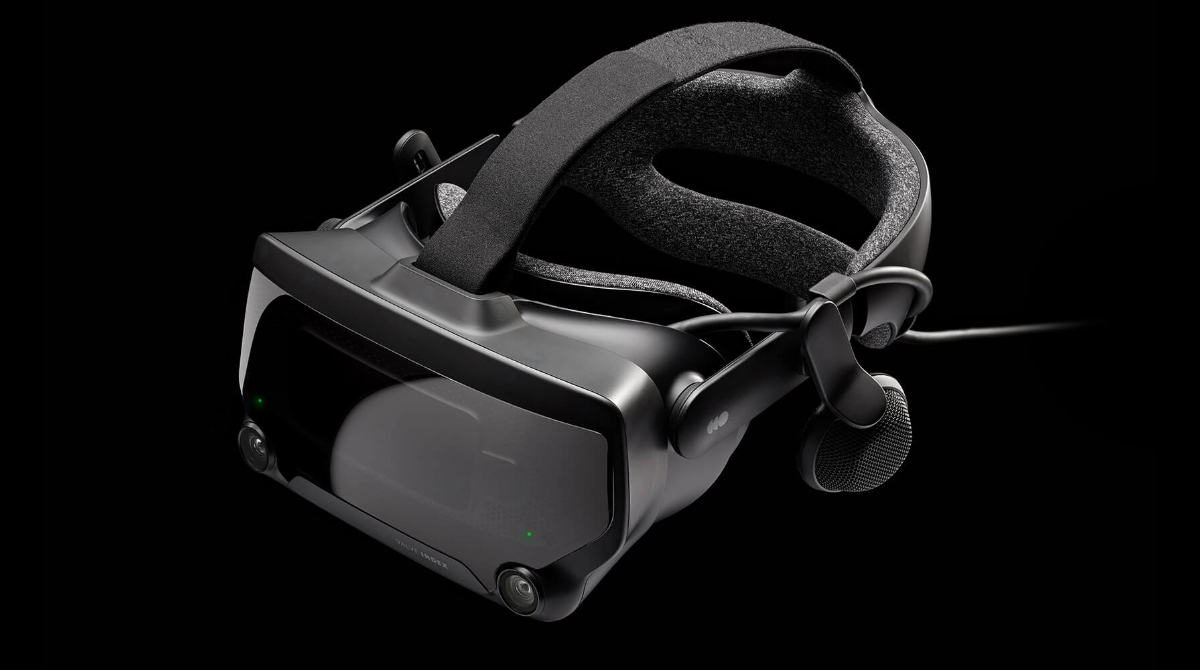
If you are absolutely interested in the Valve Index series, yes, we’d wait. The Valve Index is currently almost five years old, so it’s not worth the hefty investment when it’s likely in its twilight years.
If you’re just looking for a high-end VR headset and don’t want to wait for something that might not come anytime soon, the HTC Vive Pro 2 ($1251.99 at Amazon) would be a good choice as it’s only two years old and should have quite a lot of support left.
What if you’re hoping more for a stand-alone option? The Meta Quest 3 ($499.99 at Best Buy) could be worth the purchase if you don’t want something high-end. If you’re holding out hope the Index will have a higher-end stand-alone experience, we would actually wait to see what Valve delivers before considering something like the Vive Elite XR.
Valve Index 2: What we want to see
The Valve Index was a good headset, but VR technology has advanced in the last four-plus years. Base stations and tethers are no longer popular. We hope to see Valve ditch these older technologies with their next headset. Beyond that, some small controller improvements would be nice.
Base stations need to go away
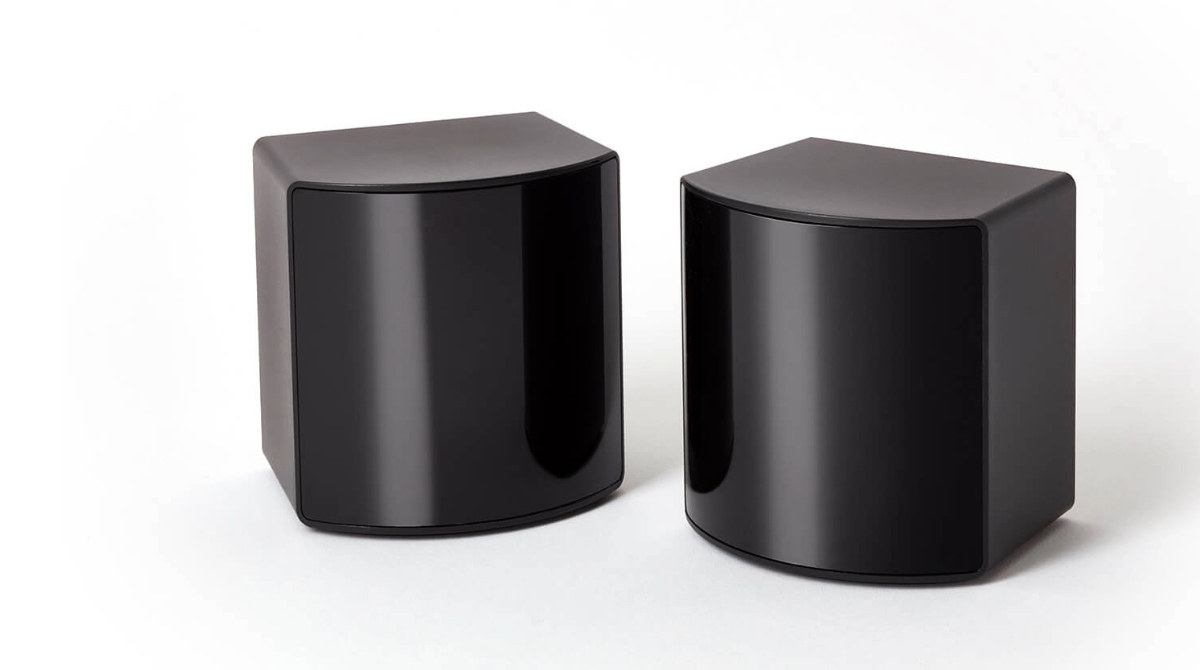
Most modern VR headsets have built-in cameras that help orient the device, eliminating the need for base stations in the process. In contrast, the Valve Index requires you to place base stations around a space in order for it to track the headset.
While base station tracking is arguably a bit more accurate, built-in camera solutions have come a long way recently. We’re hoping that the Valve Index 2 uses a camera solution that is effective enough to replace base stations altogether.
Controllers could use some refinement
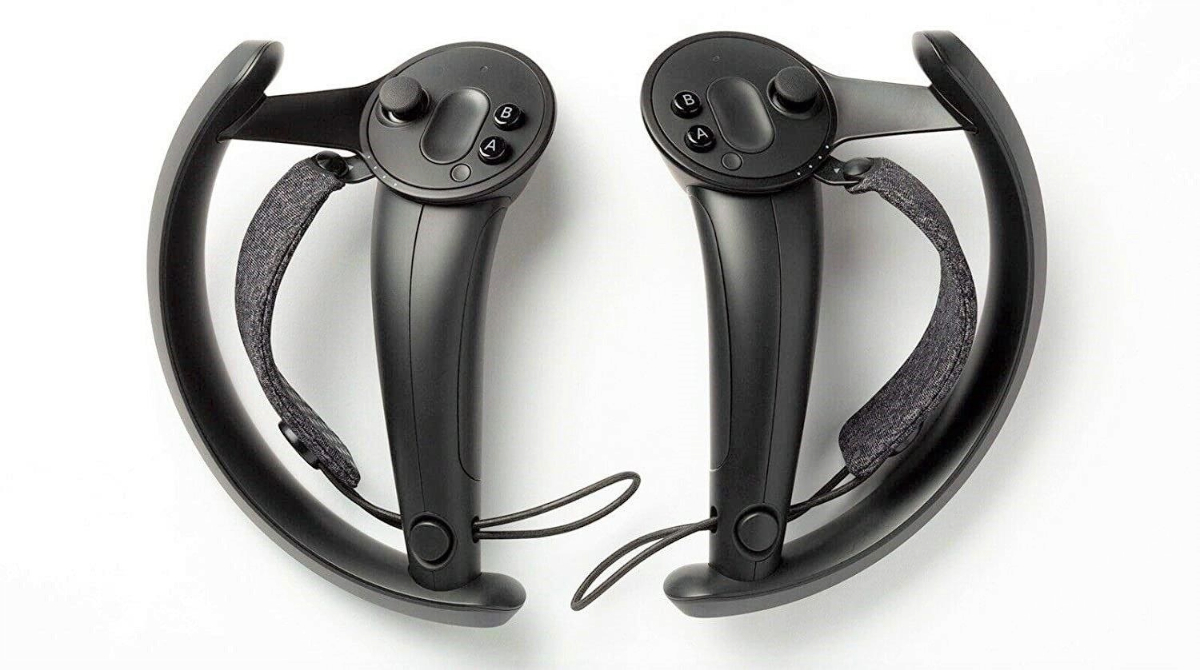
Valve’s controllers are some of the best around, with great finger-tracking support and a fairly comfortable design. That said, they are a bit bulkier than other VR controllers and some buttons can be hard to reach for those with smaller hands. We don’t want to see Valve dramatically change up its input devices, but it would be nice to see a few refinements to make them more comfortable for all hand sizes. Better yet, Valve could give us two different controller sizes for those with larger or smaller hands.
We’d like to see a tetherless design this time, and possibly two models
We have already mentioned the rumored Valve Index 2 battery a few times, and for good reason. A tetherless, battery-driven design is much easier to use than something that has tons of wires running out of it. I used to trip on my HTC Vive’s cord from time to time and dreamt of the day that cords would go away on VR. We’ve already seen stand-alone designs that are truly tetherless, but we’re hoping that the rumor is true and Valve goes all-in with the tetherless approach.
At the same time, we’re really hoping that the Valve Index 2 isn’t a watered-down Meta Quest-style device. The Valve Index is one of the most powerful VR headsets even today, and we hope to see the Valve Index 2 continue focusing on the high-end market. Of course, the best of both worlds would be to have a high-end Index headset that can still work stand-alone similar to the HTC Vive Elite XR, and a cheaper model that works more like the Meta Quest 3.
